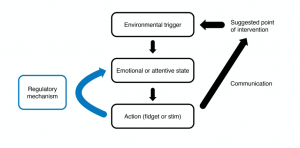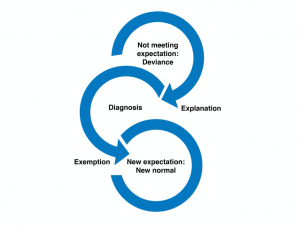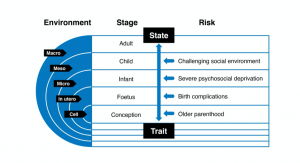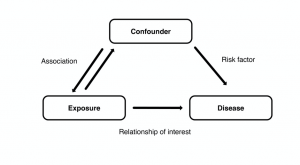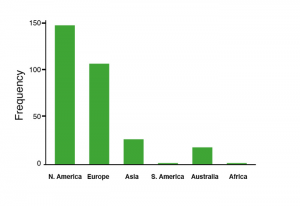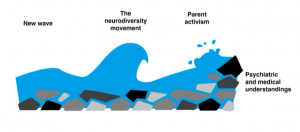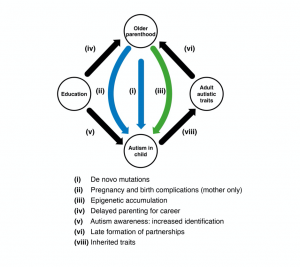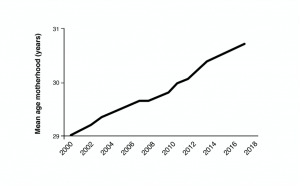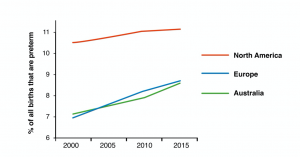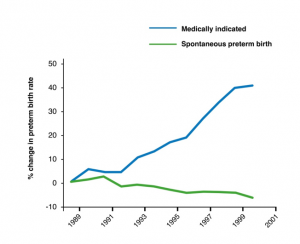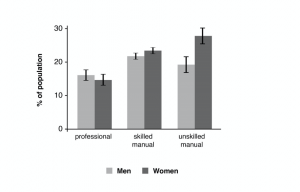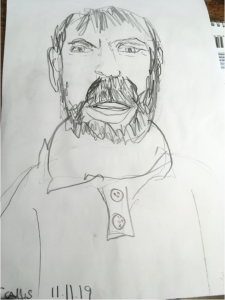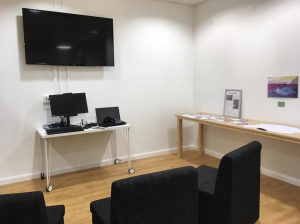As the Exploring Diagnosis funding runs out this July, we have been reflecting on our project achievements. We have produced:
2 x PhD thesis
- Drawing a line in the sand: Autism diagnosis as social process by Jennie Hayes
Jennie’s PhD explored how clinicians make diagnostic decisions about autism in secondary care. The process of diagnosis is complex and can be particularly challenging when cases are considered ‘borderline’ or where there are coexisting conditions. Utilising thematic and discursive qualitative methods, we found that uncertainty and contradiction are core to autism diagnosis. Clinicians develop strategies to manage the institutional necessary for a binary decision despite this uncertainty, including performing diagnosis as an act of interpretation, affect and evaluation, providing explanations for contradictory evidence, and drawing on pragmatism when necessary.
The result of this translation from uncertainty to certainty is the construction of a condition whereby it is possible to be both part of a spectrum as well as categorically defined. Overall, the PhD provides insight into our understanding of diagnosis as a social process.
- What’s in a label? An exploration of how people acquire the label ‘autistic’ in adulthood and the consequences of doing so by Thomas Lister
In Tom’s PhD he investigated how people came to be labelled, or to label themselves, as autistic in adulthood. Previous research has shown that obtaining an autism diagnosis in adulthood comes with significant benefits (greater self-awareness and access to support services) as well as some undesirable drawbacks (shame and a sense of helplessness). Yet a medical diagnosis is not the only way of acquiring the label. An individual can also label themselves – that is, self-identify – as autistic, and they can be labelled as such by other autistic people. By conducting a series of qualitative interviews (n=42) with those who had acquired the label, Tom developed three theoretical concepts that illustrate how people go about obtaining the label ‘autistic’ and what it means to live with it: (1) autism as a ‘sticky-slippy’ label, (2) four ideal types of self-identification, and (3) the notion of a ‘lay diagnosis’ where people ‘passively spot’ and ‘actively seek’ autism in others.
2 x books
- Russell, G. (2020) The Rise of Autism: Risk and Resistance in the Age of Diagnosis (1st ed.). Routledge.
- Kapp, S. K. (Ed.) (2020) Autistic Community and the Neurodiversity Movement: Stories from the Frontline. Palgrave Macmillan.
3 x films produced with 4 incredible artists with autism
- In total the films have over 3,400 views.
- We also held 3 screening events, one of which being in San Diego.
- You can watch them here.
14 x articles
Including:
- Hayes, J., Ford, T., Rafeeque, H. and Russell, G. (2018) ‘Clinical Practice Guidelines for Diagnosis of Autism Spectrum Disorder in Adults and Children in the UK: A Narrative Review.’ BMC Psychiatry. – which has been accessed 17,000 times.
- Russell, G. and Dyck, E. (2019) Challenging psychiatric classification: Healthy autistic diversity and the Neurodiversity Movement. In: Brumby, A. and Taylor, S. (Eds) Healthy Minds in the Twentieth Century: In and Beyond the Asylums. – which has been accessed 7,800 times.
- Russell, G., Mandy, W., Elliott, D., White, R., Pittwood, T. and Ford, T. (2019) Selection bias on intellectual ability in autism research: a cross-sectional review and meta-analysis. Molecular Autism. – which has been accessed 6,500 times.
All our work is open access and can be found here.
10,000 leaflets on Neurodiversity to be given to adults diagnosed with autism
- These leaflets were sent to all adult mental health services in the UK.
- It was also shared on tes.
- You can download the leaflet here.
Numerous animation workshops with neurodiverse people
- These took place in Weston-super-Mare and Devon.
- Some of our older blogs show what was created.
21 talks on our work across 7 different countries
- You can browse through the talks here.
“As PI of ExDx I have thoroughly enjoyed the past 4 years. Thank you to all our participants and advisory group members, without whom we would not have been able to achieve any of this work. Also thanks to the ExDx team for working so hard and diligently to produce valuable research for the field of autism, Neurodiversity and the sociology of diagnosis.” – Ginny Russell


